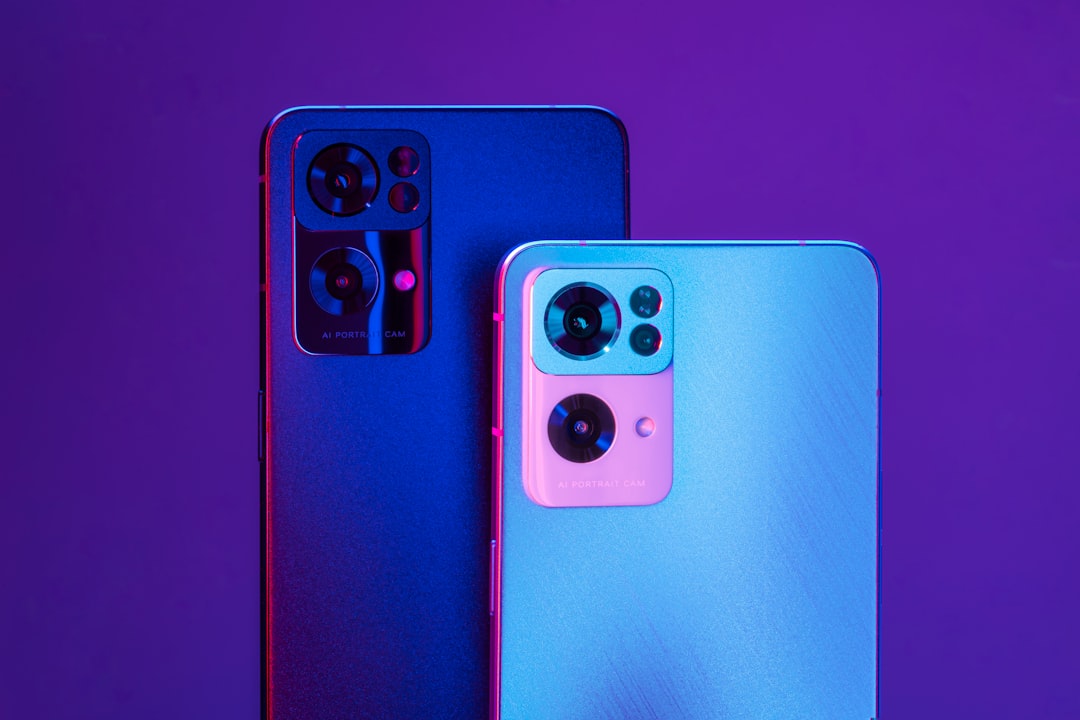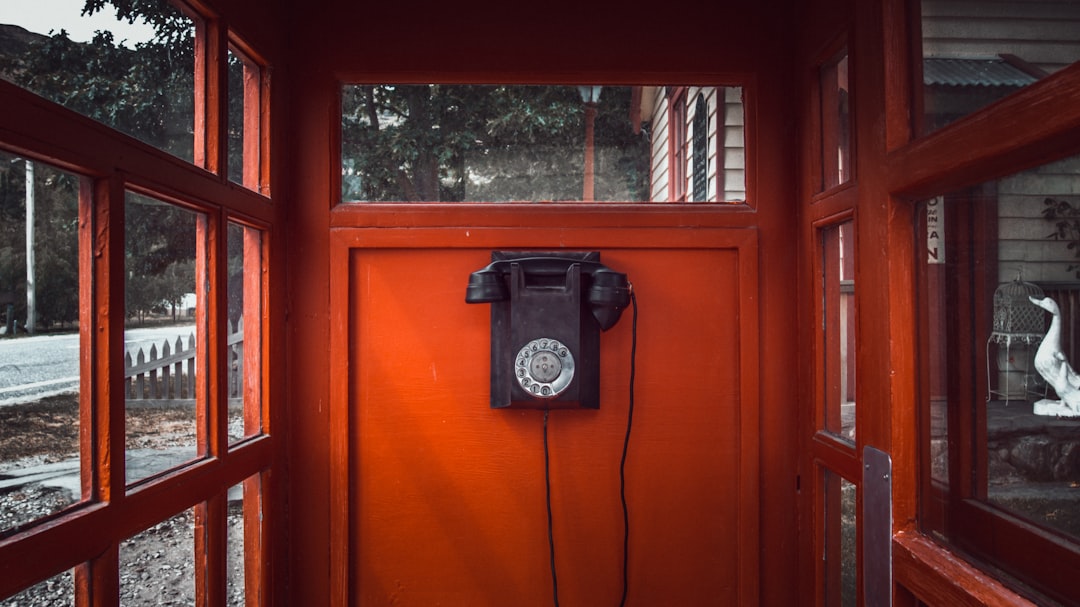In Nevada, both businesses and consumers benefit from strict Do Not Call regulations, enforced by specialized lawyers. These laws protect residents from unwanted telemarketing calls and empower them to control communication preferences. By registering on the state's Do Not Call list, individuals can opt-out of promotional calls, while Do Not Call lawyers guide businesses toward compliance. This collaborative effort upholds privacy rights, creates a fair marketplace, and ensures companies respect consumer choices, with legal action available for violations. Understanding these rights is crucial for dealing with unwanted calls from telemarketers, debt collectors, or political organizations, with specific exclusions and exemptions.
“Unraveling Nevada’s Do Not Call Laws: Your Comprehensive Guide. In an era where telemarketing calls can seem never-ending, understanding your rights is vital. This article serves as a mesquite-lit beacon, guiding you through the intricacies of Do Not Call laws in Nevada. From the basics of consumer protection to enforcing your rights and dispelling common myths, we equip you with knowledge. If you’re seeking clarity from a legal perspective, connecting with experienced Do Not Call Lawyers Nevada can be your next step, ensuring your privacy and peace of mind.”
Understanding Do Not Call Laws: A Brief Overview

In today’s digital era, understanding consumer protection laws, such as Do Not Call regulations, has become increasingly vital for both businesses and individuals alike. The Do Not Call laws, implemented by various states, aim to safeguard consumers from unwanted telemarketing calls and protect their privacy. Nevada, for instance, has specific guidelines in place that restrict commercial telephone solicitations, allowing residents to opt-out of receiving such calls. These laws empower individuals to have control over their communication preferences, ensuring a quieter and more peaceful environment.
Do Not Call lawyers in Nevada play a crucial role in navigating these regulations, advising businesses on compliance and assisting consumers in exercising their rights. They help clarify the do’s and don’ts of telemarketing practices, ensuring companies respect consumer choices while enabling folks to take action if their rights are violated. This brief overview highlights the importance of such legal guidance in understanding and upholding Do Not Call laws effectively.
The Role of Do Not Call Lists in Consumer Protection

The Do Not Call list is a powerful tool in the arsenal of consumer protection. In Nevada, as well as across many other states, consumers can register their phone numbers to opt-out of telemarketing calls, thus limiting unwanted sales pitches and potential fraud. This simple yet effective measure gives individuals control over their personal data and protects them from unsolicited communication that could lead to harassment or financial loss.
By law, Do Not Call Lawyers Nevada enforce these regulations, ensuring businesses comply with the designated numbers on the list. This process helps maintain a peaceful and secure environment for residents, allowing them to enjoy peace of mind without worrying about intrusive marketing calls. It’s a collaborative effort between consumers, legal professionals, and businesses to uphold privacy rights and foster a fair marketplace.
Who is Protected by Nevada's Do Not Call Law?

Nevada’s Do Not Call Law, also known as the “Consumer Telephone Protection Act,” offers significant protections to residents who wish to limit telemarketing calls and text messages they receive. The law is designed to give Nevadans control over their communication preferences. Under this legislation, individuals have the right to register their phone numbers on a state-maintained Do Not Call list. This list ensures that telemarketers are prohibited from calling or texting registered numbers for promotional purposes.
The protected categories include all Nevada residents with valid phone numbers listed in the telephone directory or those who have not opted out of receiving calls from telemarketers. This means homeowners, renters, and even individuals with mobile phones can benefit from this law, ensuring a quieter, more peaceful environment free from unwanted sales pitches. For those seeking legal advice regarding Do Not Call rights, consulting with a local Do Not Call Lawyer Nevada can provide guidance on enforcement and protection under the state’s legislation.
Enforcing the Do Not Call Rights: What to Do If You're Bothered

If you’ve received unwanted phone calls from telemarketers or sales representatives, understanding your rights under Nevada’s Do Not Call laws is essential. While these laws provide a layer of protection, enforcing them can sometimes be challenging. If your “Do Not Call” status has been violated, taking action is crucial. The first step is to document the calls, including dates, times, and any details about the caller. This information will be valuable if you decide to file a complaint with the Nevada Attorney General’s Office or consult with a Do Not Call Lawyer in Nevada.
Retaliation or threatening language is not advised when dealing with telemarketers. Instead, remain calm and polite while asserting your rights. Many companies have designated departments for handling such complaints, so expressing your concern directly to them might resolve the issue. If necessary, legal action can be taken; Do Not Call Lawyers in Nevada specialize in these matters and can guide you through the process of seeking damages or having the violators sanctioned by the court.
Common Exclusions and Misconceptions About Do Not Call Laws

Many people believe that Do Not Call laws only apply to telemarketers, but this is a common misconception. In reality, these laws protect consumers from unwanted calls from various sources, including debt collectors, surveyors, political organizations, and even friends or family members. However, there are certain exclusions; for instance, calls made with prior express consent, calls from within the same organization as the caller, or calls made for specific purposes like collection of a debt are not covered under Do Not Call regulations.
Another exclusion involves live market researchers who conduct consumer surveys. As long as these callers do not use automated dialing systems or prerecorded messages and respect an individual’s opt-out requests, they are exempt from Do Not Call rules. It’s also important to note that while Do Not Call laws offer substantial protections, they do not grant absolute silence. Emergency circumstances, such as public safety announcements or jury duty notices, are always allowed. Understanding these exclusions is key when navigating the complexities of Do Not Call regulations, and consulting with a Do Not Call Lawyer in Nevada can help ensure compliance.






